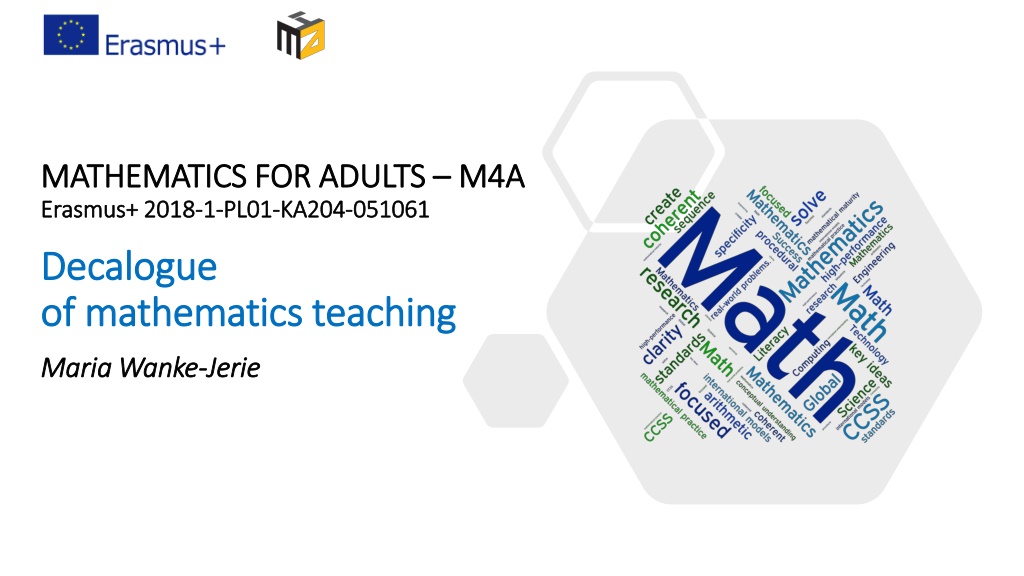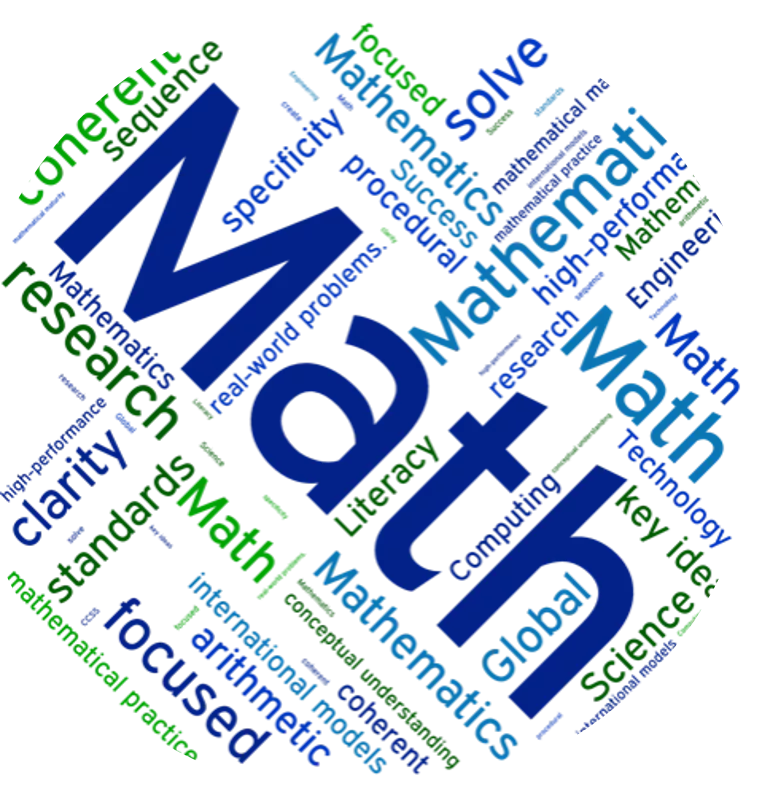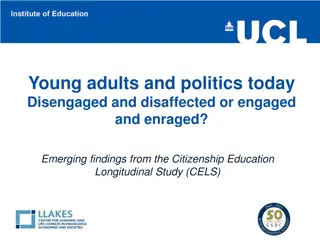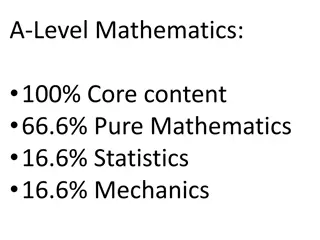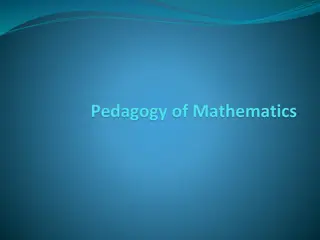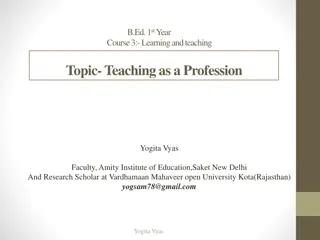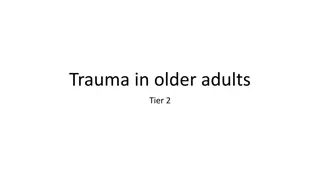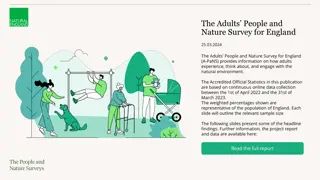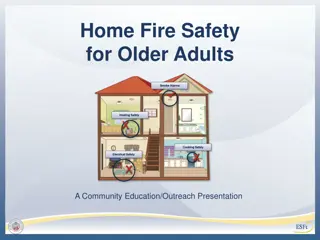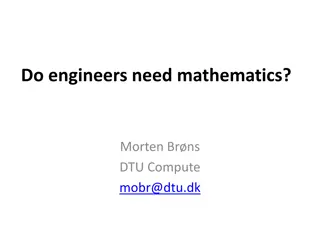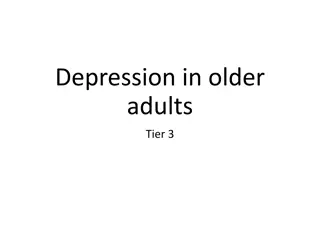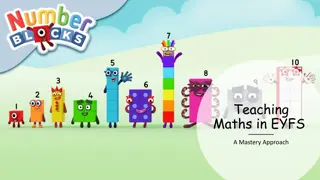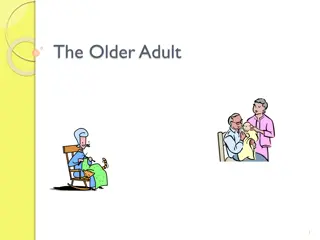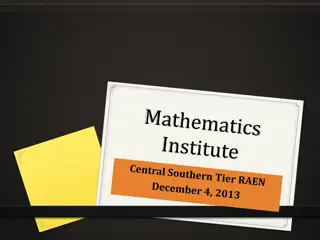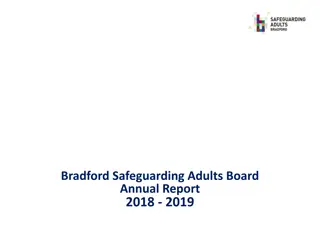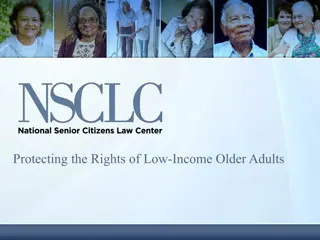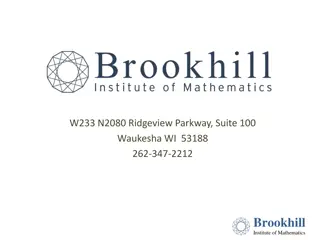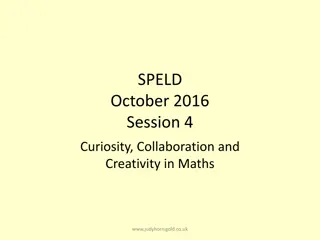Effective Mathematics Teaching Decalogue for Adults
Trust, praise, storytelling, memory-solving, understanding, remembering, exercising, and individualized treatment are essential aspects of effective mathematics teaching for adults according to Maria Wanke and Jerie. The Decalogue emphasizes the importance of mutual trust, positive reinforcement, engaging anecdotes, critical thinking, comprehension, memorization, practice, and personalized attention in facilitating adult learning and mathematical skill development.
Download Presentation

Please find below an Image/Link to download the presentation.
The content on the website is provided AS IS for your information and personal use only. It may not be sold, licensed, or shared on other websites without obtaining consent from the author. Download presentation by click this link. If you encounter any issues during the download, it is possible that the publisher has removed the file from their server.
E N D
Presentation Transcript
MATHEMATICS FOR ADULTS MATHEMATICS FOR ADULTS M4A Erasmus+ Erasmus+ 2018 2018- -1 1- -PL01 PL01- -KA204 KA204- -051061 M4A 051061 Decalogue Decalogue of of mathematics mathematics teaching teaching Maria Wanke Maria Wanke- -Jerie Jerie
The most important The most important - - TRUST TRUST I I Effective teaching is impossible without the mutual trust of the child and the teacher, but also without the trust of the parents.
PRAISE, not PRAISE, not rebuke rebuke II II It is not allowed to assess a child's predisposition, one should not say that he has no ability to do mathematics.
Tell STORIES Tell STORIES III III Anecdotes associated with a mathematical formula or theorem allow for interest and facilitates memorization. This can be shown by the story of Carl Gauss, who added numbers from 1 to 100.
Solve Solve in MEMORY in MEMORY IV IV Tell me how you will solve it this is how we teach you to think and to understand, instead of working schematically.
UNDERSTAND UNDERSTAND V V Without understanding, teaching mathematics is unproductive, knowledge is impermanent and of little use.
REMEMBER REMEMBER VI VI What needs to be memorized should be clearly defined. Understanding makes it easier to remember but does not replace it.
EXERCISE EXERCISE VII VII Practise makes perfect, allows you to acquire the skill of applying memorized rules. But some need to train more than others to achieve the same effect.
Treat individually Treat individually VIII VIII Develop mathematical talents. Don't neglect those who do well. Give more time and attention to those who have difficulties.
Give mathematics more Give mathematics more IMPORTANCE IMPORTANCE IX IX Teachers should be mathematicians and classes should be divided into groups. In parallel, additional classes should be given for particularly gifted students and compensatory classes for those who have difficulties.
Let's not boast of being Let's not boast of being weak in mathematics weak in mathematics X X Let's start to propagate the view that public figures do not confide in their problems with school mathematics.
T Thank you for your hank you for your attention attention! !
